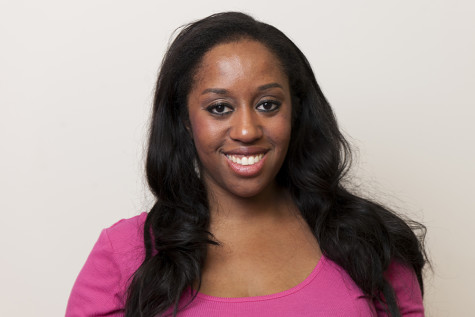Malala Yousafzai can help mend Pakistan’s wounds
October 16, 2013
Prior to Friday’s announcement of the 2013 Nobel Peace Prize winner, favor seemed to rest on one name — Malala Yousafzai. After surviving an assassination attempt by Taliban gunmen last October, the 16-year-old became one of the world’s most recognizable activists, striving to raise awareness for girls’ education. Whether she receives a standing ovation at the United Nations, meets with President Barack Obama or appears on the cover of Time Magazine, Yousafzai continuously proves to be a formidable advocate against Taliban doctrine. Despite her heroism, elation ensued in her home country of Pakistan after the Nobel was awarded to the Organization for the Prohibition of Chemical Weapons last Friday.
Resentful of her international renown, many Pakistanis disparaged Yousafzai as a so-called Western stooge, an agent of the CIA and a pawn of the secular world. Though the equating of her humanitarianism with anti-Western hostility is unquestionably misguided, the stru-ggles of the region cannot be discounted. Civil unrest, poverty and political volatility have plagued Pakistan for decades, creating a dismissive climate for young activist.
Recent estimates revealed that 60 percent of Pakistanis live below the international poverty line of two dollars per day. Although the youth literacy rate was documented at 71 percent, the male to female literacy ratio rested at 65 to 40 — a staggering discrepancy.
While these statistics are distressing on their own merit, their severity is magnified when considering Pakistan’s resentment of Yousafzai. Her vision to empower girls through education and the Pakistani desire to alleviate poverty are not mutually exclusive. On the contrary, they reflect complementary goals.
Female empowerment and economic development are positively correlated according to recent research. If embraced by her fellow Pakistanis, Yousafzai could function as a potent symbol of strength and progress. With more enthusiastic inclusion, she could become an integral player in helping to mend Pakistan’s wounds. Though the depth of division is unmistakably profound, healing could occur more quickly if Yousafzai was depicted as an ally rather than an enemy.
Irrespective of Pakistani politics and her Nobel loss, Yousafzai’s story is still one that commands awe and respect. Alongside her tangible elements of heroism — fighting for female education while fighting for her life — there are more implicit factors that make her such a remarkable figure. She offered a powerful, relevant and humanized face of oppressed Pakistanis to the world when it desperately needed one. Most significantly, the 16-year-old, despite her age, remains one of the Taliban’s most visible adversaries. Despite the reluctance to accept Malala Yousafzai by some Pakistani groups, she deserves the chance to be recognized as a unifying figure, not vilified as a national disgrace.
A version of this article appeared in the Wednesday, Oct. 16 print edition. Christina Coleburn is a contributing writer. Email her at [email protected].
























































































































































